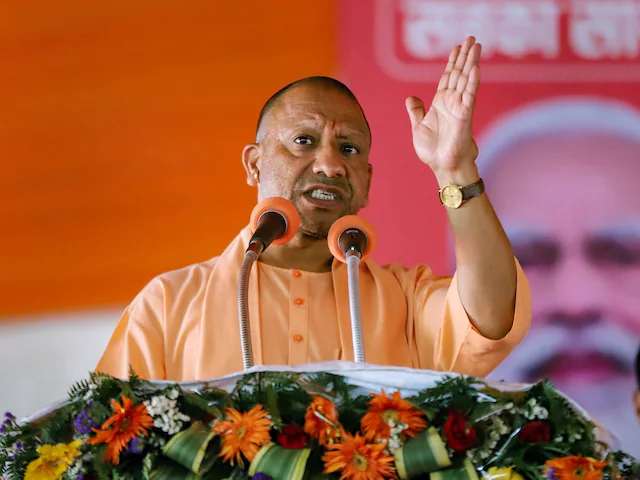Recent Controversy and Background
In a recent speech in Agra, Uttar Pradesh Chief Minister Yogi Adityanath called for Hindu unity using the phrase “Batenge to katenge” (if we are divided, we will be destroyed). This comment, coming against the backdrop of violence against Hindus in Bangladesh, has ignited a fierce debate in India’s political landscape.
In Bangladesh, incidents of violence against the Hindu minority have been a concerning issue. Reports have emerged of Hindus being targeted, their homes looted, and women subjected to heinous acts of sexual violence. Temples, which are central to the cultural and spiritual life of Hindus, have also been vandalized. These acts of violence are deeply troubling and highlight the plight of minorities in regions where they are vulnerable. The Hindu community in Bangladesh, although a minority, has faced discrimination and violence, which underscores the need for greater protections and rights for all religious minorities.
A Broader Historical Context
The situation in Bangladesh is part of a broader pattern seen in several countries where religious majorities have sometimes imposed their beliefs on minorities. In places like Iran, Iraq, Afghanistan, and Pakistan, religious minorities often face systemic discrimination, and in some instances, outright violence. The imposition of strict religious codes by dominant groups can make life exceedingly difficult for those who do not conform to the majority’s beliefs, leading to marginalization, persecution, and, in extreme cases, forced conversions or expulsions.
The Call for Unity and Understanding
Chief Minister Adityanath’s call for unity among Hindus can be seen as a response to these historical and contemporary issues. His message emphasizes the importance of staying united to protect cultural and religious identities. However, critics argue that such calls must be made carefully to avoid deepening existing religious divides.
A Need for Inclusive Solutions
While it’s vital to recognize the challenges faced by minority communities in many parts of the world, including Hindus in Bangladesh, the response should focus on inclusive solutions that promote peace, coexistence, and respect for all religions. Blanket statements that generalize and stigmatize entire communities can lead to further polarization and misunderstanding.
The Indian subcontinent has a rich history of diverse cultures and religions coexisting. It is crucial to uphold this legacy by ensuring that all communities, regardless of their religious beliefs, can live in harmony. Efforts should be directed towards dialogue, legal protections for minorities, and education that fosters mutual respect and understanding.
Conclusion
The recent remarks by Yogi Adityanath and the subsequent controversy underscore the complexity of religious dynamics in South Asia. While it is essential to address genuine grievances and protect minority communities, it is equally important to do so in a way that promotes unity and peace rather than division. As global citizens, we must advocate for a world where diversity is celebrated and everyone has the freedom to practice their beliefs without fear of persecution.



